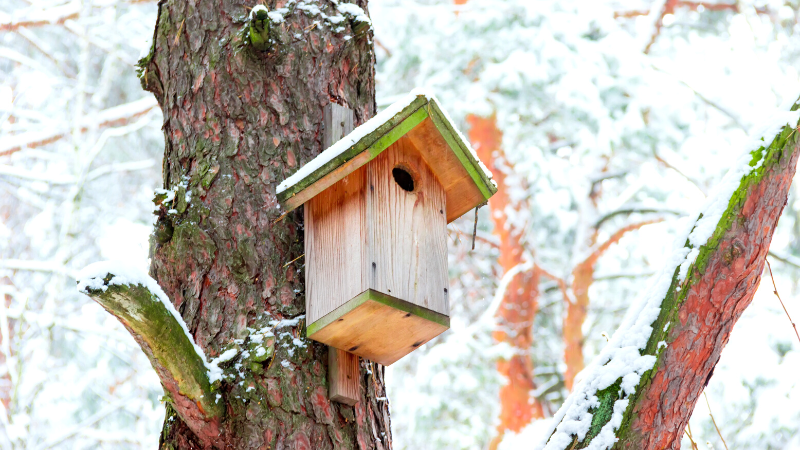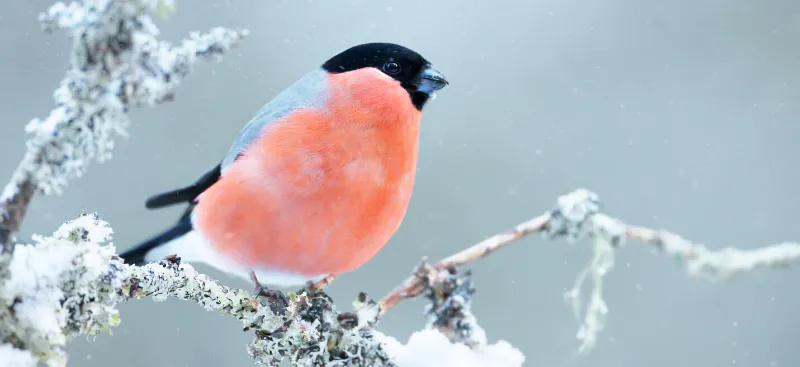How to Care for Wild Birds in Winter
As the daylight hours dwindle, wild birds face a race against time to locate sustenance and necessities. With frosty ground and scarce natural food sources, their task becomes increasingly daunting. Moreover, the availability of natural nesting sites diminishes, prompting birds to seek refuge in gardens for warmth during chilly nights. Winter poses perhaps the greatest challenge for our avian friends, yet with some assistance, they stand a good chance of surviving it. From selecting optimal bird feed to safeguarding them during frosty evenings, we'll provide guidance on how to care for wild birds in winter.
What to feed birds in winter?
During the colder months, expect a surge in visitors to your bird feeders. While birds typically prioritize being lightweight for flight, maintaining warmth becomes paramount in winter. Smaller species like Goldcrests, Wrens, and Blue Tits experience rapid heat loss and require frequent feeding to stay warm. They may consume up to 85% more food and benefit from high-fat, nutritious options to endure the cold. Below are some recommended bird foods for the winter season.
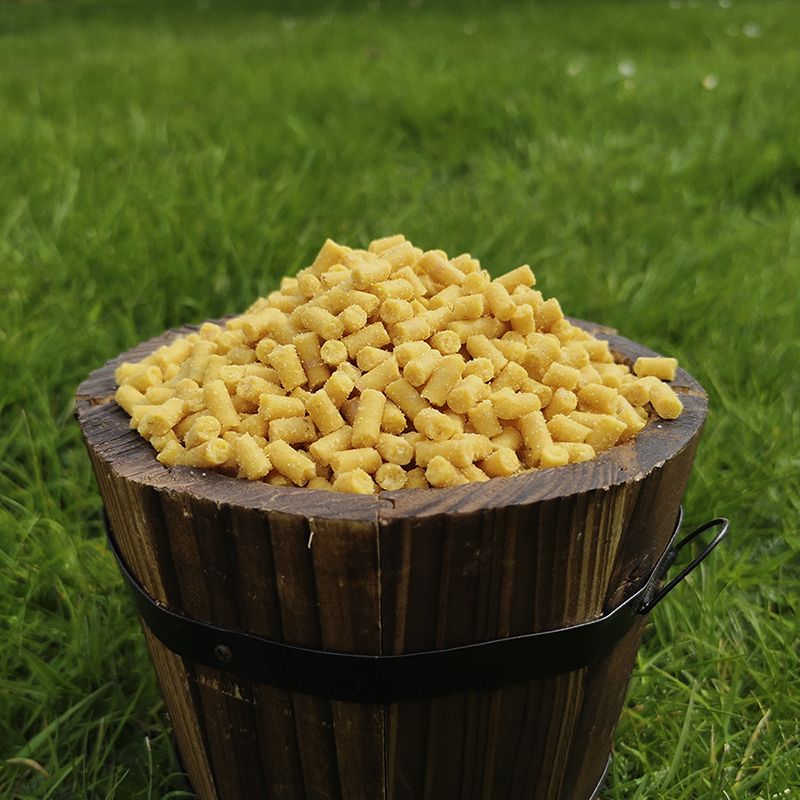
Suet Treats
Fat, fat, fat. Fat to a bird is an amazing energy source, it helps to keep their wings flapping and body temperature up. A good suet product will contain a high volume of suet which will keep it from freezing in the winter months.
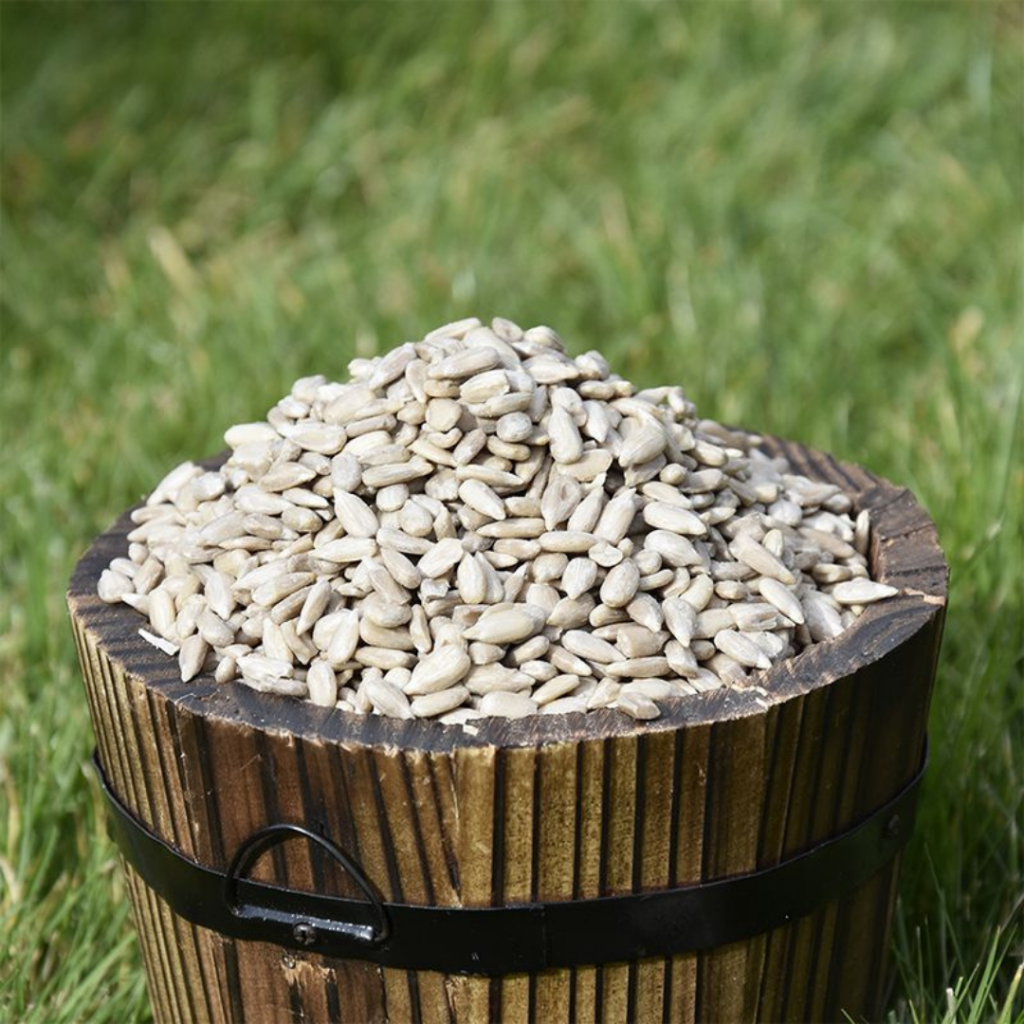
Sunflower Seeds (with or without husks)
You could say sunflower seeds are the 'rib eye steak' of the bird world. Most birds will tweet with joy if you offer sunflower seeds, and you will attract a huge range to your garden. Offering sunflower seeds with no husks (known as Sunflower Hearts) means birds won't have to use as much energy to peck through the husk, and also less mess in your garden.
Top Tip
Mornings are an important time for birds in the winter as they look to recover the energy lost in the night. So try and get up early to fill any feeders.
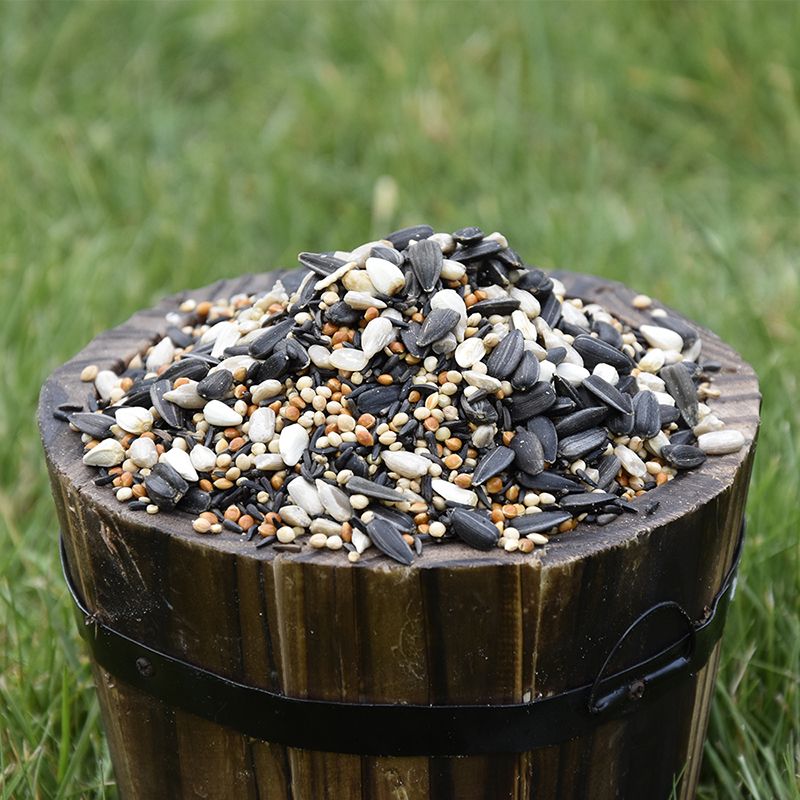
Bird Seed Mix
Not all mixed seeds are created equal, and there are a lot of poor seed mixes on the market. A good seed mix will include a high grade of sunflower seeds, white millet, peanut chips, sunflower hearts, dried fruit and insects/mealworms OR a variation of all of the above. Always take time to read the ingredients!
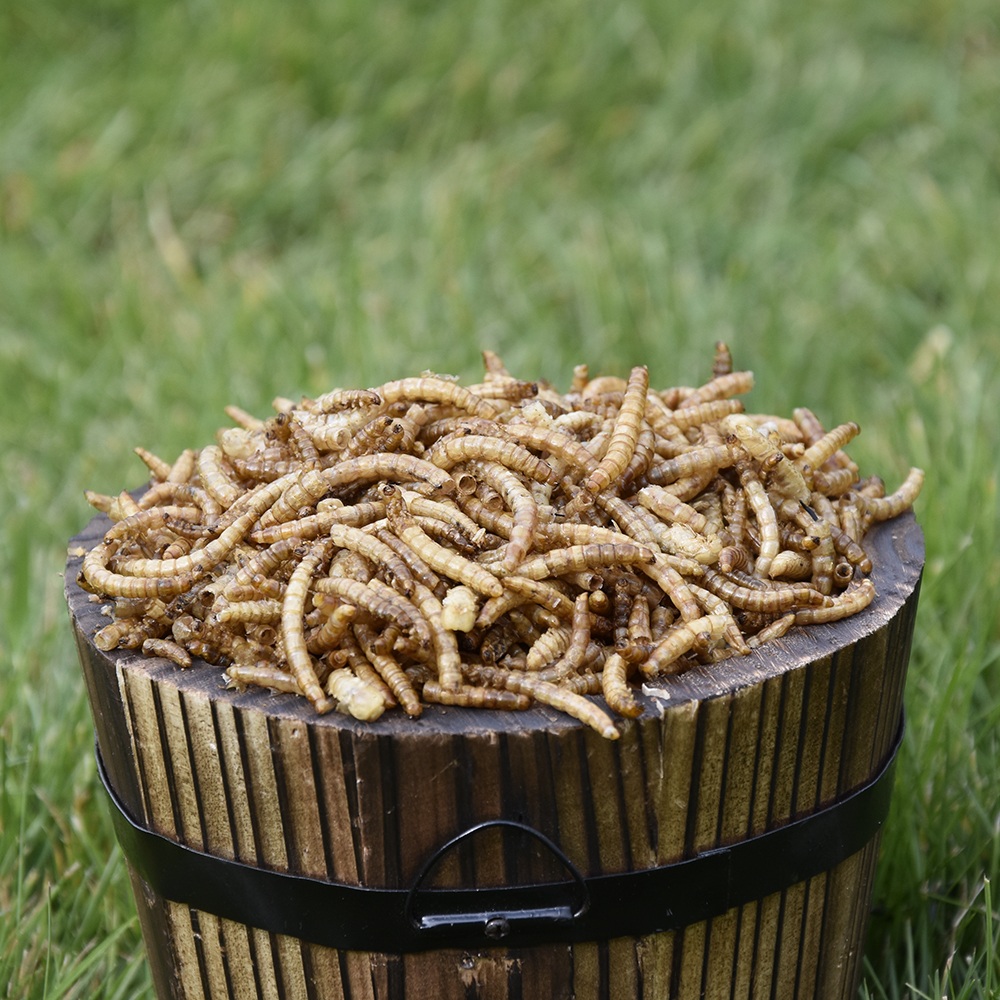
Mealworms
Some people like to breed their own, which is great as the fresher the better for winter birds. However, Dried Mealworms are just as nutritious and are loved by the UK's favourite, the Robin.
Don't forget about the ground-feeding birds
While your hanging bird feeders may be refilled, have you considered offerings for ground-feeding birds? Species like Robins, Wagtails, Wrens, Chaffinches, and Dunnocks encounter difficulty accessing hanging feeders and turn to the ground for sustenance during winter. Our Ready Peck Ground & Table Mix is an ideal feed for frosty conditions, supplying essential fats and nutrients vital for birds to thrive in cold weather.
Will birds use a bird bath in winter?
Even during winter, your garden birds require hydration to quench their thirst as they seek food. However, in icy conditions, monitoring becomes crucial. If the water you've provided in bird baths or water dishes freezes over, wild birds won't be able to access it. Remove any ice from baths and ensure they're regularly replenished with clean water. Avoid using antifreeze products to defrost bird baths, as these can pose a poisoning risk to birds.
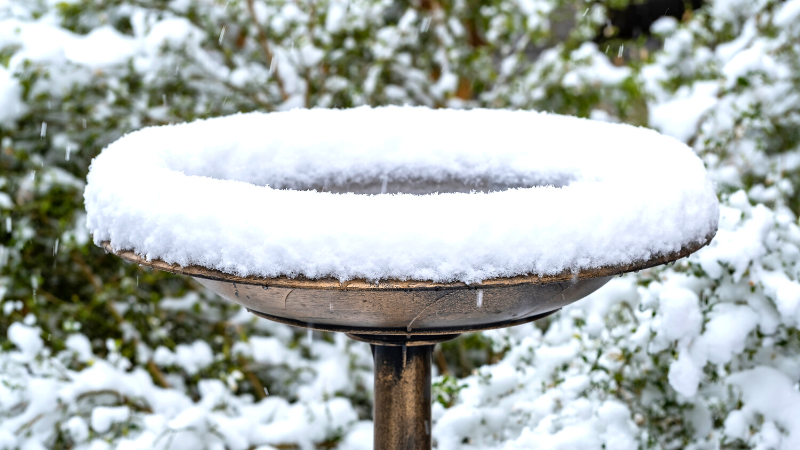
Will birds use nest boxes in winter?
Any season is suitable for installing a nest box. In winter, wild birds seek warm shelters for nighttime roosting, making a bird box an ideal refuge. Furthermore, boxes occupied during winter can continue to serve other birds during the nesting season. For additional guidance on optimal placement and bird preferences for nest boxes, check out The Beginner's Guide to Putting up a Nest Box
